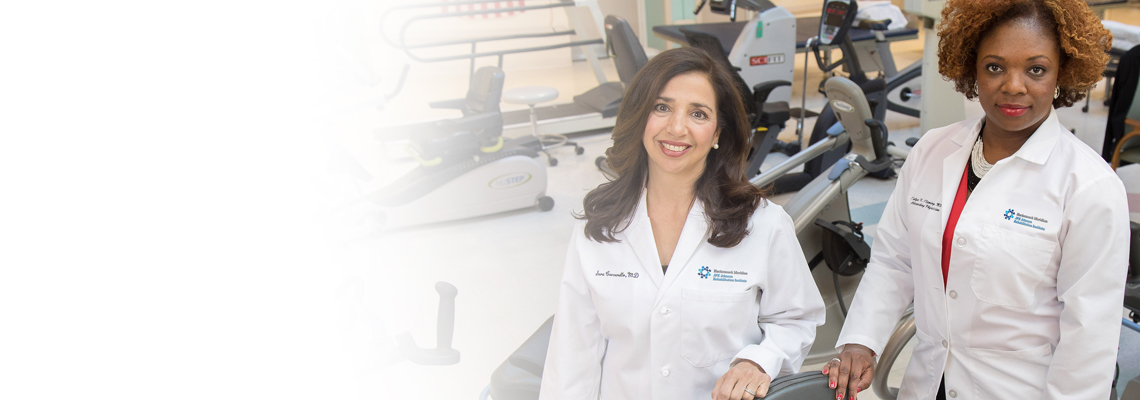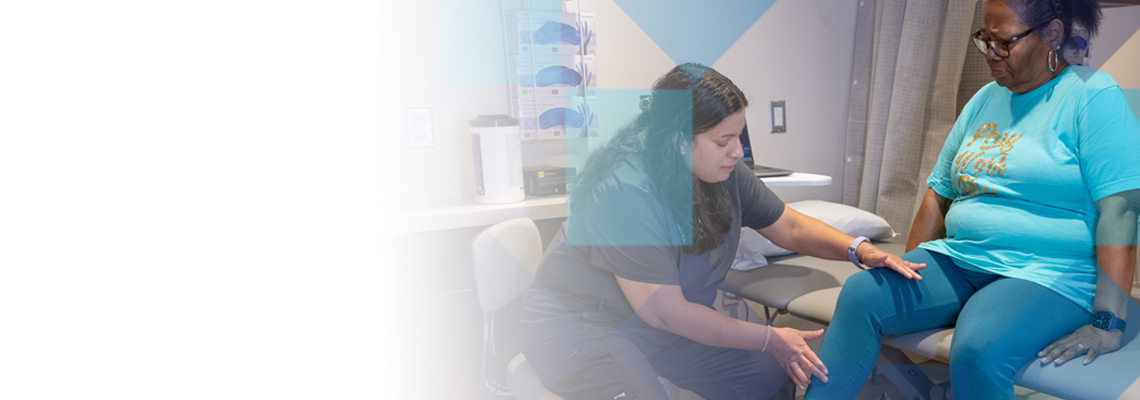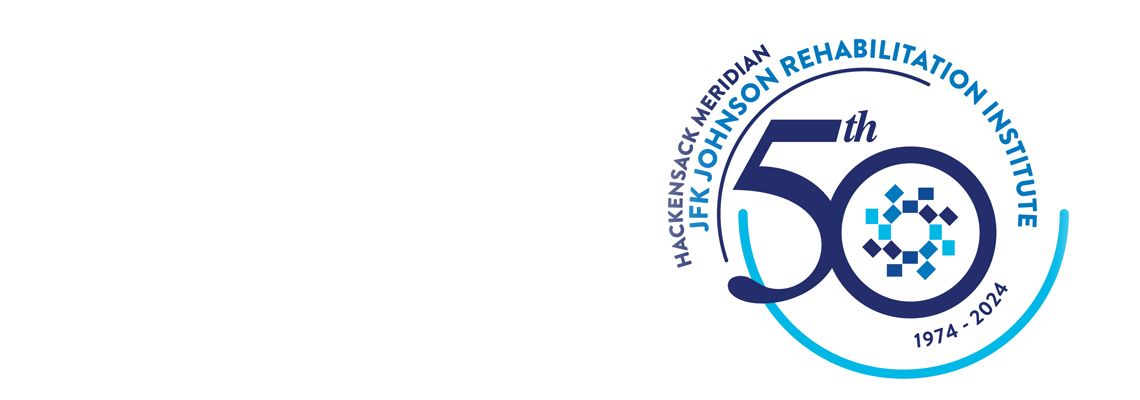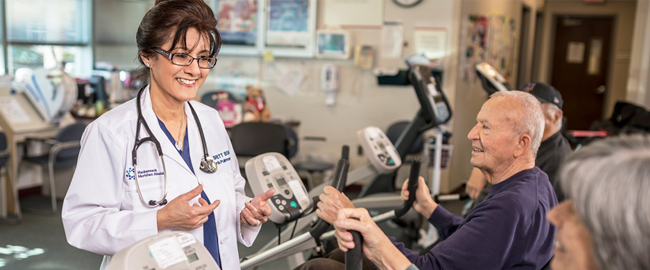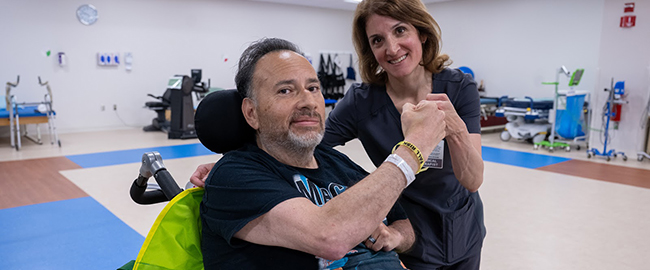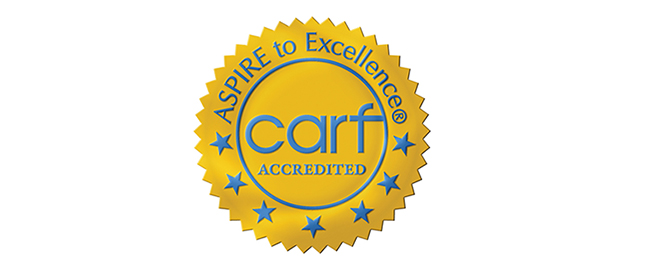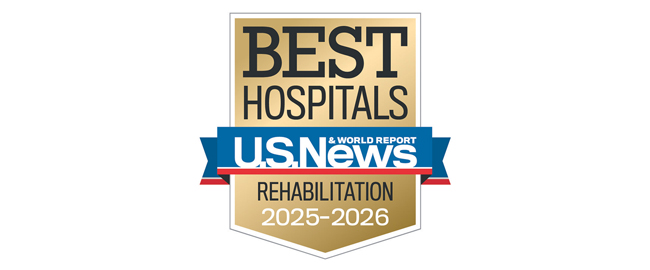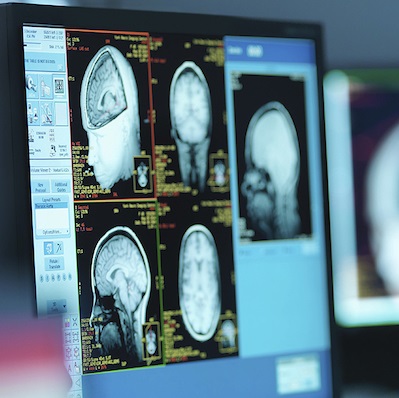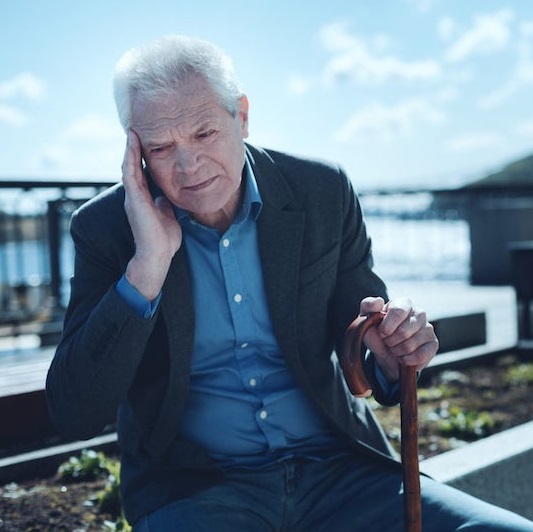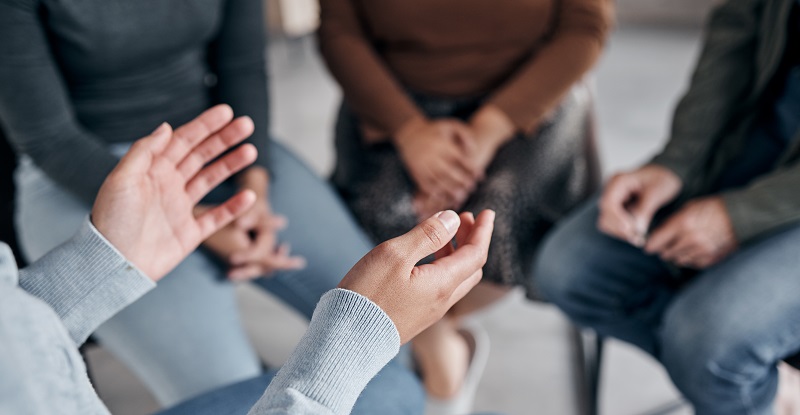Balance, Dizziness and Vestibular Rehabilitation in New Jersey
We Treat Vestibular and Balance Disorders
If you are experiencing dizziness, loss of balance or lightheadedness, our team of balance and vestibular disorder experts will diagnose the underlying cause of your symptoms and develop a treatment plan to restore your quality of life.
When to Seek Balance, Dizziness and Vestibular Rehabilitation
We care for patients with these conditions:
- Acoustic Neuroma
- Anxiety
- Benign Paroxysmal Positional Vertigo (BPPV)
- Cervical/neck disorders
- Concussion
- Dehydration
- Heart conditions
- Inner ear infections
- Medication side effects
- Stroke
- Vestibular migraines
“We understand that dizziness is a huge quality-of-life issue, and giving patients that validation is a significant part of the care we provide. We will use a team approach to get to the bottom of the cause and determine the best course of treatment.”
Christine Greiss, D.O., physical medicine and rehabilitation specialist and Director of the Concussion Program at JFK Johnson Rehabilitation Institute.
Treatment Options for Balance, Dizziness and Vestibular Rehabilitation
We offer a full range of inpatient and outpatient services to reduce or eliminate symptoms and return our patients to the activities they enjoy. Our services include:
These exercises can improve eye-head coordination and ease symptoms.
Using these tools can reduce symptoms and promote a safe return to everyday activities.
This test monitors the brain’s response to the sounds you hear.
Used to treat a condition called benign paroxysmal positional vertigo (BPPV), performing this series of movements can relieve symptoms of dizziness.
This virtual reality test is used to evaluate your functional balance.
This test measures electrical activity in the inner ear that occurs in response to sound.
Exercises can help to improve physical condition and reduce problems with balance, dizziness and lightheadedness.
These exercises gradually decrease sensitivity to motion.
Rotary chair testing can help to evaluate the vestibular system as a possible cause of imbalance and dizziness.
This test helps to determine how well parts of the inner ear are functioning.
This test evaluates the vestibular system as the possible underlying cause of imbalance or dizziness.
Vision therapy helps to make visual tasks more comfortable, easier or more efficient.
Why Choose Hackensack Meridian Health for Balance, Dizziness and Vestibular Rehabilitation
Our rehabilitation team is led by board certified physicians. Our team includes doctorate-level audiologists and occupational and physical therapists certified in vestibular rehabilitation, allowing patients to access a full range of treatment options to meet their needs.
We offer outpatient balance, dizziness and vestibular rehabilitation and additional supportive services.
Our specialists follow the latest, evidence-based treatments for balance and vestibular disorders.
Frequently Asked Questions
Balance and Vestibular therapy is effective for a wide range of conditions and symptoms, including:
- Benign Paroxysmal Positional Vertigo (BPPV)
- General dizziness, vertigo, and imbalance
- Labyrinthitis and vestibular neuritis
- Meniere’s disease
- Dizziness following a concussion or head injury
- Neck-related dizziness
Your treatment plan is individualized but may include several evidence-based techniques, such as:
- Canalith Repositioning Maneuvers: Specific head and body movements (like the Epley maneuver) used to treat BPPV.
- Gaze Stabilization Exercises: Exercises to improve control of eye movements so your vision can be clear during head movement.
- Habituation Exercises: Repetitive movements that help "desensitize" your brain to the dizziness they cause.
- Balance Training: Activities designed to improve your steadiness and reduce your risk of falling.
We offer the Amputee Rehabilitation Program at:
HMH JFK Johnson Rehabilitation Institute
65 James Street
Edison, NJ 08820

